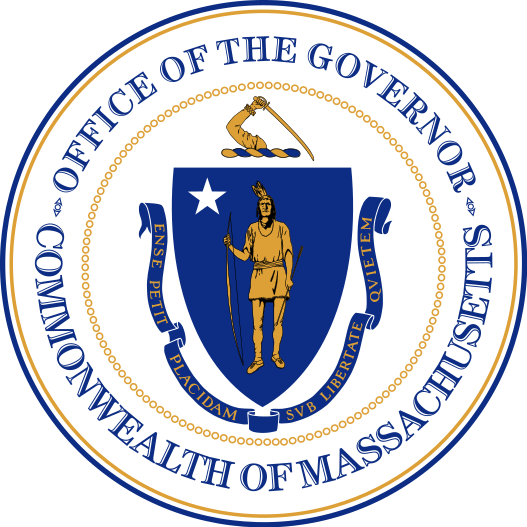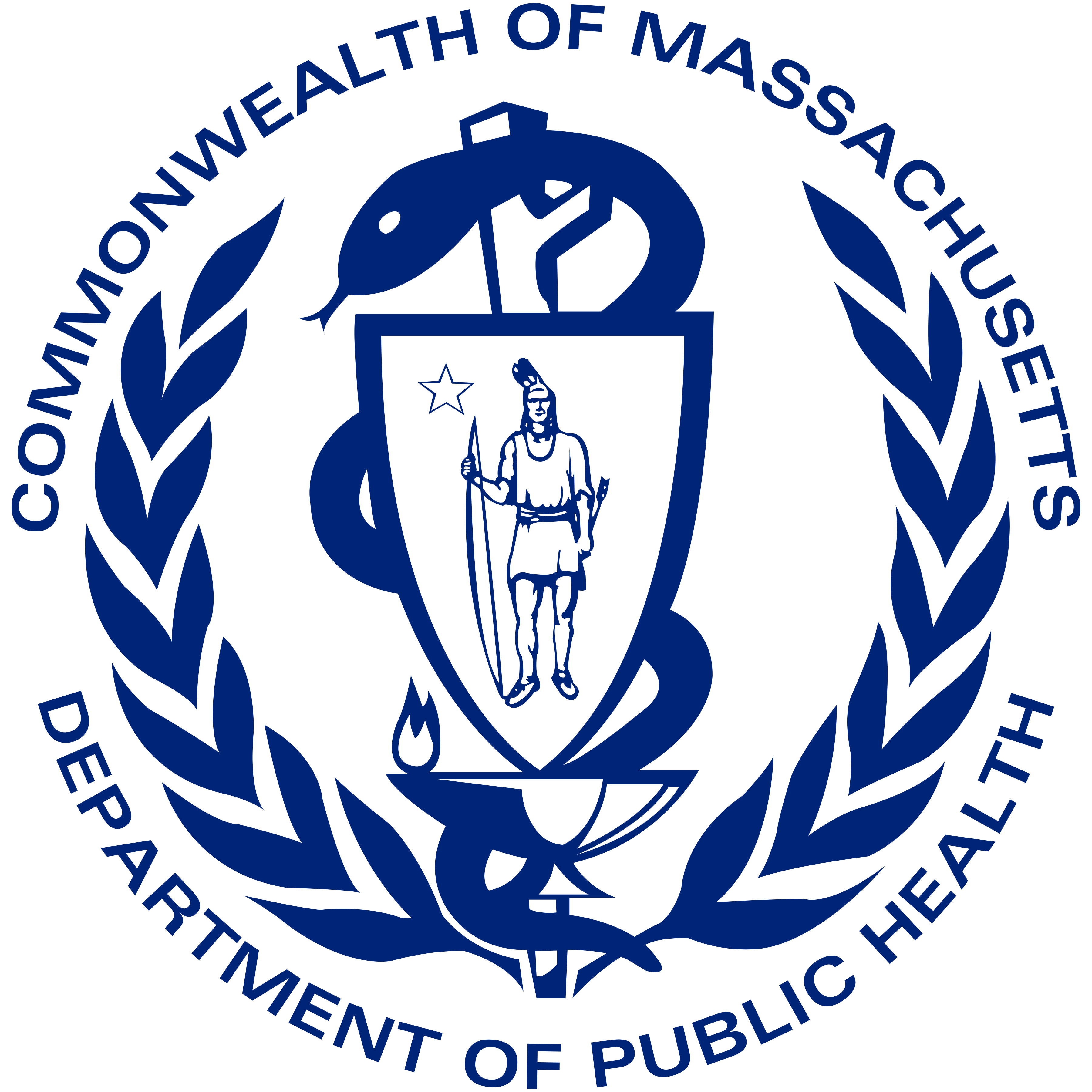- Governor Maura Healey and Lt. Governor Kim Driscoll
- Executive Office of Health and Human Services
- Department of Public Health
Media Contact
Karissa Hand, Press Secretary
Boston — The Healey-Driscoll Administration and the Reproductive Equity Now Foundation today announced the launch of the Medication Abortion Toolkit for Public Colleges and Universities. The toolkit is designed to assist Massachusetts’ public colleges and universities in preparing medication abortion readiness plans to provide, or make referrals for, medication abortion on college campuses in accordance with new Massachusetts law.
In July 2022, Massachusetts passed An Act expanding protections for reproductive and gender-affirming care, Ch. 127 of the Acts of 2022, which requires public institutions of higher education to develop medication abortion readiness plans for their students in consultation with the Department of Public Health. Some colleges and universities may directly provide medication abortion to students in campus health centers, and others will provide information and referrals. Requirements of a college or university to meet the mandate of the law will vary depending on an assessment of institutional capability.
"In Massachusetts, we know that access to reproductive health care options is critical for safe and informed decision making. Colleges and universities have a responsibility to ensure this access for their students, but they don’t have to go it alone,” said Governor Maura T. Healey. “We’re grateful to the Legislature for taking action to expand access to reproductive care campuses, and we are proud to launch this collaboration with the Reproductive Equity Now Foundation to support colleges and universities through implementation.”
“Through the creation of readiness plans on college campuses, we are ensuring that more people will have safe and effective options for reproductive health care,” said Lieutenant Governor Kimberley Driscoll. “Schools can and should use this toolkit to evaluate and improve their capacity to provide sexual and reproductive health services. Every student in Massachusetts deserves thoughtful and comprehensive support when making decisions about their own health.”
“Students in Massachusetts deserve to have the autonomy, the ability, and the choice to make decisions about their own reproductive health that are right for them,” said Robbie Goldstein, MD, PhD, Commissioner of the Department of Public Health. “Preserving this right is more than simply a matter of protecting choice; it’s a matter of equity, dignity, and well-being of students in the Commonwealth. This toolkit represents our commitment to reproductive health and individual choice, and we will continue to work hard to protect these rights and safeguard the health and future of young people across the state.”
“Students face some of the largest barriers to accessing abortion care in Massachusetts, from long distances to reach clinics, time spent away from class or work, scheduling conflicts, and a lack of reliable transportation. The Legislature took bold action to expand access to care on college campuses, and today, we’re excited to be assisting with the implementation of these efforts by releasing the Medication Abortion Toolkit for Public Colleges and Universities,” said Rebecca Hart Holder, President of the Reproductive Equity Now Foundation. “Our hope is that university administrators will have the support, tools, and resources to implement medication abortion readiness plans and increase access to care for all of their students. Students deserve access to the health care they need, when and where they need it.”
The Medication Abortion Toolkit for Public Colleges and Universities includes:
- Initial planning steps for university administrators to undertake with planning committee members and campus community stakeholders;
- A guide to establishing referral relationships with nearby or telehealth abortion providers for care that may not be available on campus;
- Administrative, clinical, and support tools for clinicians and health center teams to be prepared to order, prescribe, and implement medication abortion protocols;
- Additional support information regarding liability insurance, insurance coverage, confidentiality, and addressing security concerns; and
- Sample planning, clinical, administrative and support procedures, protocols, and resources.
You can find the full Medication Abortion Toolkit for Public Colleges and Universities HERE.
Public universities and colleges must submit medication abortion readiness plans to the Department of Public Health by November 30, 2023. Plans must then be reviewed by the Department by January 31, 2024. While private universities are not subject to these requirements, this toolkit may be used as a resource to any institution, public or private, seeking to advance access to reproductive health care on campus.
Medication abortion, or medical abortion, is a safe, effective, common, and non-surgical method of ending a pregnancy prior to 70 days gestation. Between 600 and 1,380 public college students in Massachusetts need abortion care annually, however, at least eight major institutions of higher education in Massachusetts are located 15 miles or more away from an abortion clinic.
###


